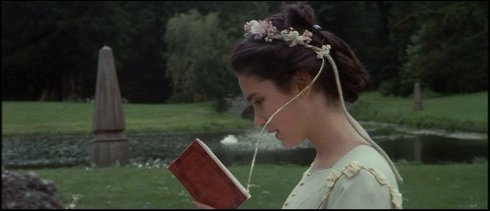After a summer of relative calm in the education world, the new term has brought with it yet another raft of announced changes from education minister Justine Greening and the new PM Theresa May. This time it’s a doozy: grammar schools are back. New free schools will have the option of selection, and existing schools may introduce selective processes into their existing admissions policies. The aim is to improve social mobility.
Many people have already written about why grammars don’t do anything of the sort but instead mainly cater to the middle classes. Loic Menzies of the ‘think-and-action tank’ LKMCo has a series of excellent posts on the topic, in particular his take-down of the ‘Uncle Steve defence‘ – the anecdotal evidence that Baby Boomers whip out to prove that grammars help bright but poor kids. If you want to see the hard data, he’s got it. For a more irreverent but nonetheless thorough exploration of the political background to the decision, I also recommend Disappointed Idealist. I’m not going to rehash all this, but I do want to offer a personal perspective on the issue.
You see, until a few years ago I might have been an Uncle Steve apologist. I was a grammar school girl. I happened to live in an area with one grammar for girls, and one for boys – not the full on 11+ system at work in other parts of Kent, but a significant watershed nonetheless. My parents were absolutely desperate for me to get in there. They wanted that social mobility for me – the status of being at grammar school, yes, but also what they thought would be a first class academic education of the type they themselves (for various reasons) hadn’t had access to/taken advantage of. In their view this was a ticket to the dream life. I remember my mum having a total meltdown on the day of the test because she forgot my invitation letter and felt she’d ‘ruined my life chances’. The Headmistress herself (a rather stern, birdlike creature who would waft into assembly in a full-on black gown and bang on about eagles and budgies) had to calm her down. “Madam, as long as you know your daughter’s name, we have no problems here.”

